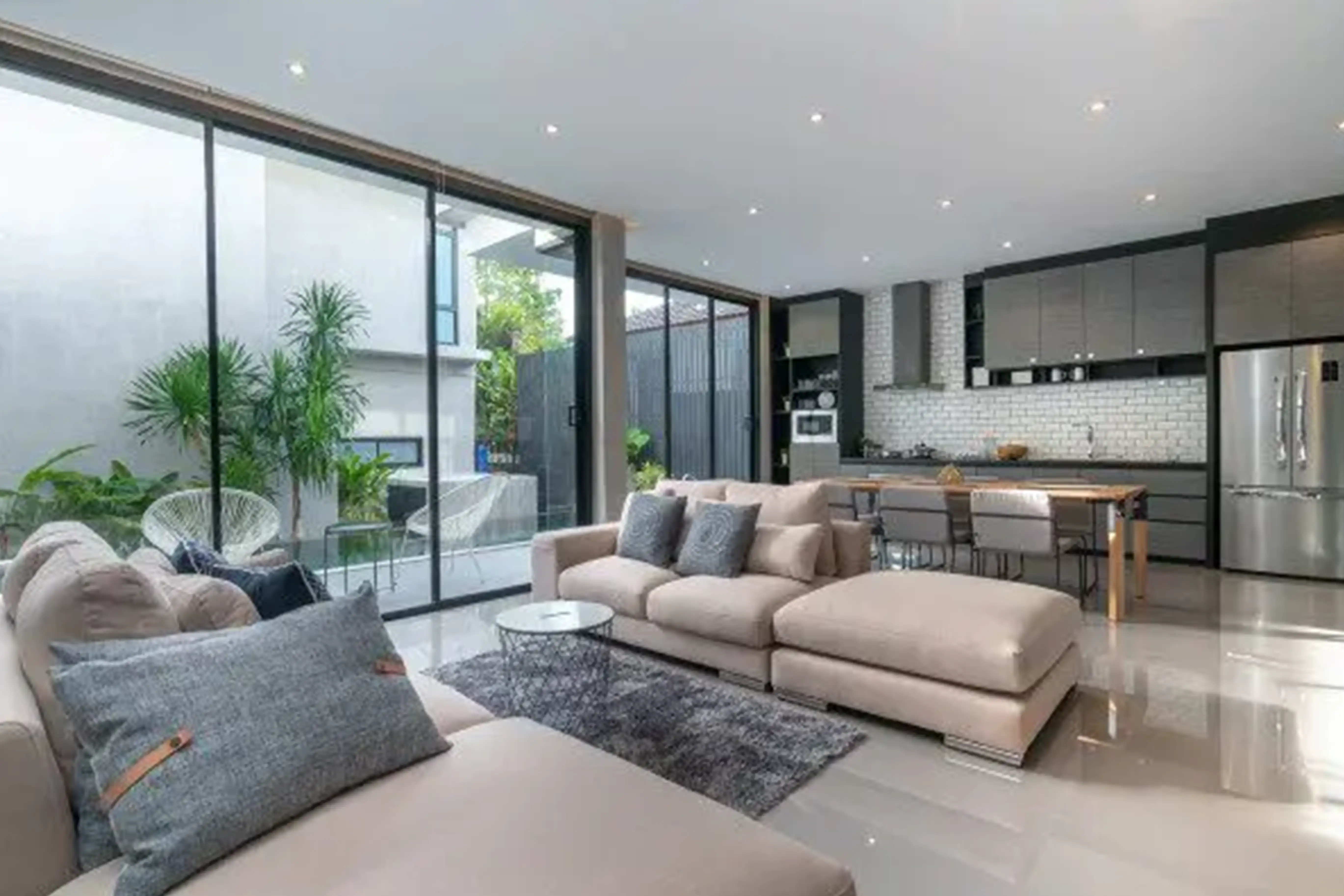Along with a seismic shift in the societal norms and the gradual breakdown of joint families to nuclear families, the home buying behavior has also undergone a paradigm shift. The economic reasons are also equally strong to empower the millennial population with the financial freedom to buy a home of their own. Statistics also reveal that newly developing cities like Bangalore, which stands as a backbone of the nation, show a trend of home buying more from the millennial generation.
This kind of situation is quite apparent in cities like Noida, Gurgaon, and Bangalore as a considerable percentage of the working population is mainly from the IT/ITeS industries. The software and the IT workforce are mostly young who start earning hefty salaries at quite tender ages. According to a study done by a renowned consulting house in 2018, the millennial generation in India accounted for 34% of the country’s total population. According to another survey conducted, the millennial population of Bangalore is more than 21% with a sizeable disposable income who are below 35 years of age.
According to Anarock Consultants, the individuals in the age group of 25 to 35 years are very eager to own a home and are investors, too, but mainly of the affordable sector. With many of the millennial workers in the IT and the ITeS segment in Bangalore and their salaries increasing in leaps and bounds, the desire to own a home has inflated unexpectedly. As the millennials are most comfortable in staying at homes close to their workplaces, they opt for homes at the fringes of the city, which are mostly from the affordable lot which comes within Rs. 50 lakhs. This becomes a win-win situation for both the developers for such properties and the home buyers. This is precisely the reason the affordable segment housing or the affordable flats of Bangalore for sale are mostly on the outskirts or at places where the city shows promises with the current rate of expansion.
In this race of supplying the affordable homes to the millennial generation and other segments, desirous of owning a home within their means, the renowned developers along with the small and medium-sized developers are all in the fray. According to the research data of Anarock consultants, a significant share of the home seekers of Bangalore as much as 54 % prefer homes in the segment between Rs. 40 lakhs to Rs. 80 lakhs. A 21% of the home seeking population seeks homes below Rs. 40 lakhs. The supply of the properties in the IT capital of India is also in tandem with the demand pattern as the estimates say that 36% supply in H1 2019 was in the mid-segment category while 29 % was in the category of flats for sale within Rs. 40 lakhs.
Reasons for Millennial’s Interest in home buying
The realty experts opine that comparatively, the millennial population of Bangalore earns more than what their previous generation used to earn at similar ages. As the estimates say that 65% of the working population of India belongs to the millennial generation, a major share of Bangalore’s workforce is of the age group within 35 years. The higher rental prices are one more reason for the millennials to take the home buying decision early in their lives. As millennials prefer to stay at places nearer to their workplaces, they end up paying rent up to Rs. 30, 000 to Rs. 40, 000 per month. With such monthly commitment as EMIs, the experts opine they can easily own a home of their own paying the same or even lesser amounts as EMI which may be a little further away from their preferred zones.
Easy home loan availability along with legislations like RERA and GST, along with other factors like government subsidy like PMAY (Pradhan Mantri Awas Yojana) has also accentuated the home buyers’ confidence, add the experts. The statistics reveal that over the last decade, the buying pattern of the real estate buyers have undergone a major shift, with the average home buyers’ age reducing from 38 years to 28 years. The demand has also increased by the population of home buyers in the bracket of 31 to 40 years than the demand from the age group of 41 to 50 years. Along with this, the buyers in the age group of 20 to 30 years also increased considerably, opines the expert.


